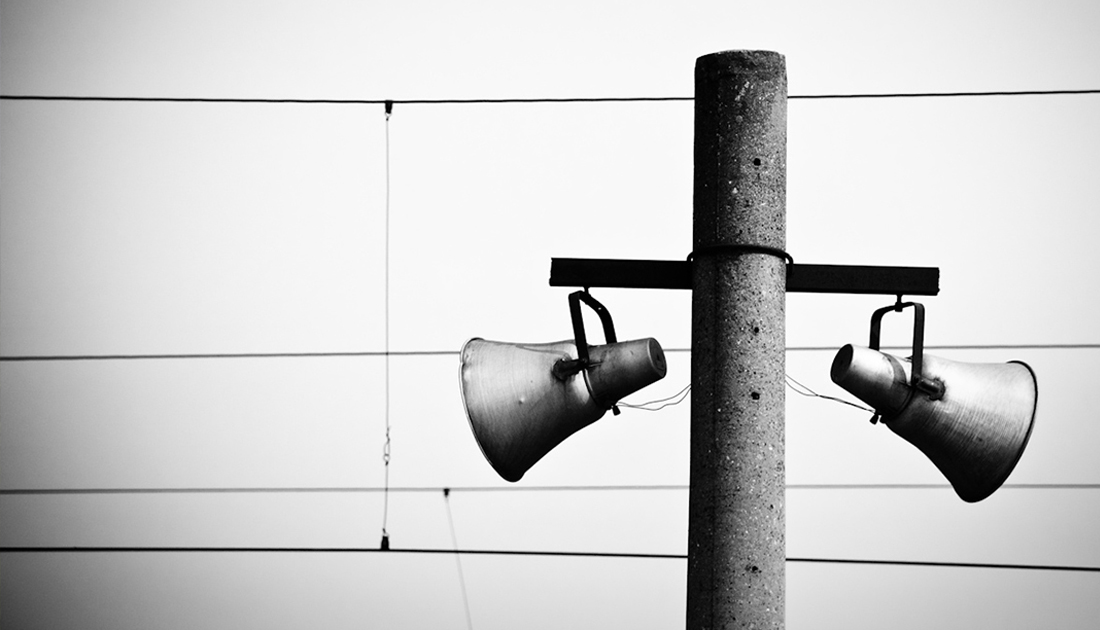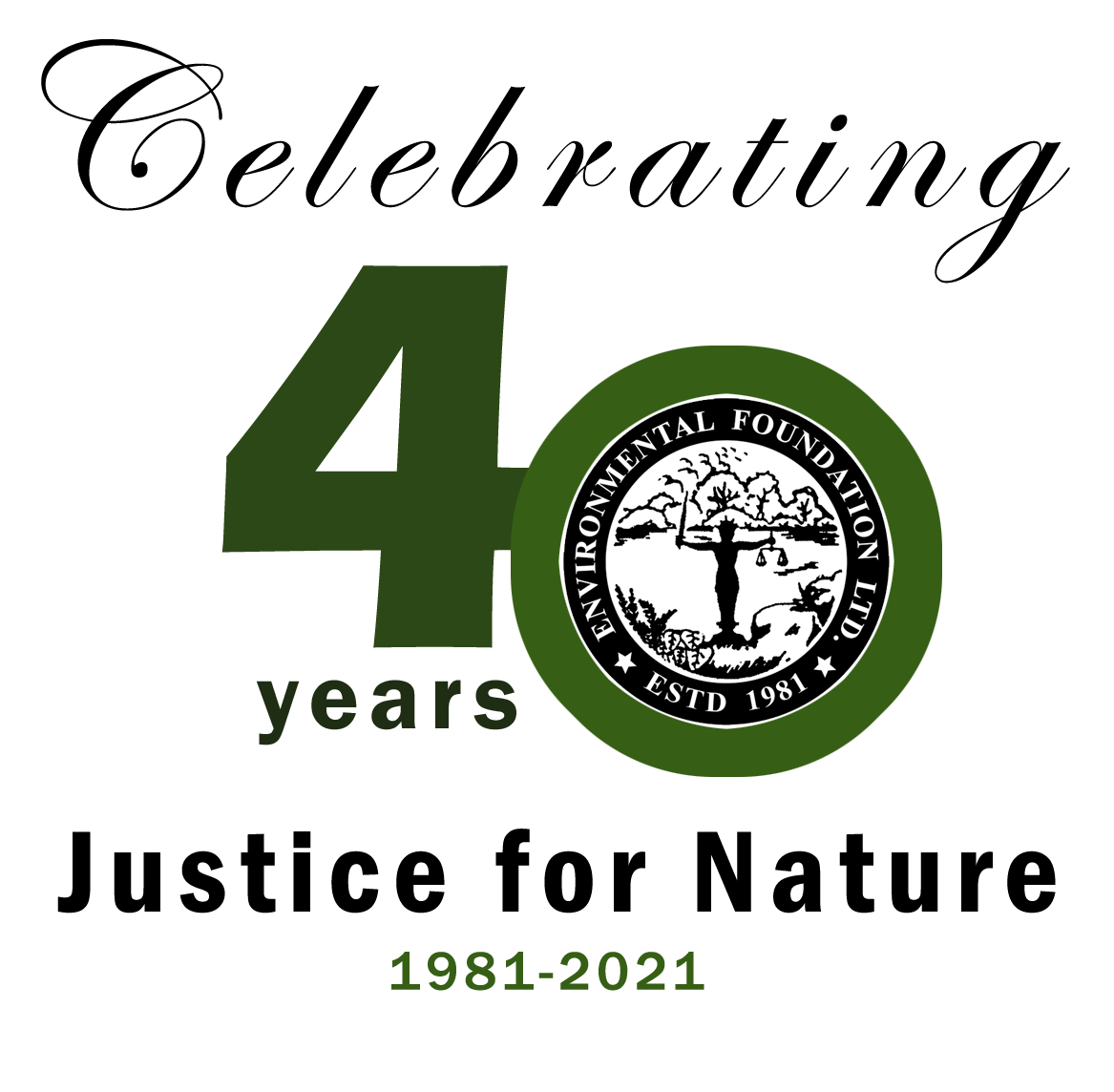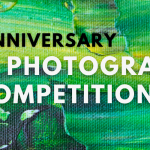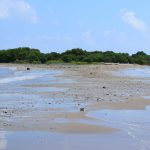Category:Cases - Archive, Legal, Significant Cases

CASE NUMBER
SCFR 459/2008
Al Haj M.T.M. Ashik and four others, Trustees of Kapuwatta Mohideen Jumma Mosque, Denipitiya, Weligama v. R.P.S.Bandula, O.I.C Weligama and nine others
An application for the infringement of fundamental rights was filed in the Supreme Court, and was instituted by the Trustees of the Kapuwatta Molideen Jumma Mosque in Weligama, Southern Sri Lanka, on the basis that the local police had imposed restrictions on the use of loudspeakers by their mosque, which had not been imposed on two other mosques in the area that had been granted loudspeaker permits by the police.
The court noted that the application raised fundamental issues with regard to sound pollution and the standards that should be enforced by the Central Environmental Authority (CEA). Accordingly the CEA was added as the 6th respondent.
The Environmental Foundation Limited (EFL) was permitted to intervene in the case in view of the general concern and Mr. Seneka Weeraratne to intervene representing the interests of persons affected by noise pollution were added as the 7th and 8th respondents respectively.
With the material presented and the submissions that were made, the Court proceeded with the matter as being of public interest. The 2nd respondent, the ASP, who himself is a Muslim, produced copies of complaints and affidavits of persons all of whom are Muslims, that stated that the noise pollution had caused them severe health problems. Two of them who had coronary ailments produced medical evidence in support. Accordingly the Court made directions restricting the use of loudspeakers in a manner that impact adversely on the general public.
- That the emission of noise by the use of amplifiers, loudspeakers or other equipment which causes annoyance to the public or the people in general who dwell or occupy property in the vicinity, be considered a public nuisance. The police should entertain complaints and take appropriate action for the abatement of such public nuisance.
- That all permits issued by the police under section 80 (1) of the Police Ordinance shall cease to be effective.
- That no permits will be issued for the use of loudspeakers and other instruments for the amplification of noise, during the period of 10.00pm-06.00am. Such permits may be issued for special religious functions and other special events only after ascertaining the views of persons who occupy land premises in the vicinity, and any such permit shall be reported to the nearest Magistrates Court.
- That during hours between 10.00pm-06.00am noise emitted from amplifying instruments should not extend the precincts of the particular premises.
- Where a permit is issued, a police officer should be designated and posted to ensure the conditions are kept.
For more information about this case, please download the handbook “Some Significant Environmental Judgements in Sri Lanka” by visiting our legal publications page.
Significance of the case
Environmental Foundation Limited (EFL) intervened in this case on behalf of the public to provide adequate legal safeguards to protect people from exposure to harmful effects of sound pollution. The Supreme Court issued strict conditions and directions for issuing permits for loudspeakers and other instruments for the amplification of noise under section 80 (1) of the Police Ordinance. Court further directed that the emission of noise by the use of amplifiers, loudspeakers of other equipment which causes annoyance to the public or people in the vicinity be considered a public nuisance in terms of Sec.261 of the Penal Code.





